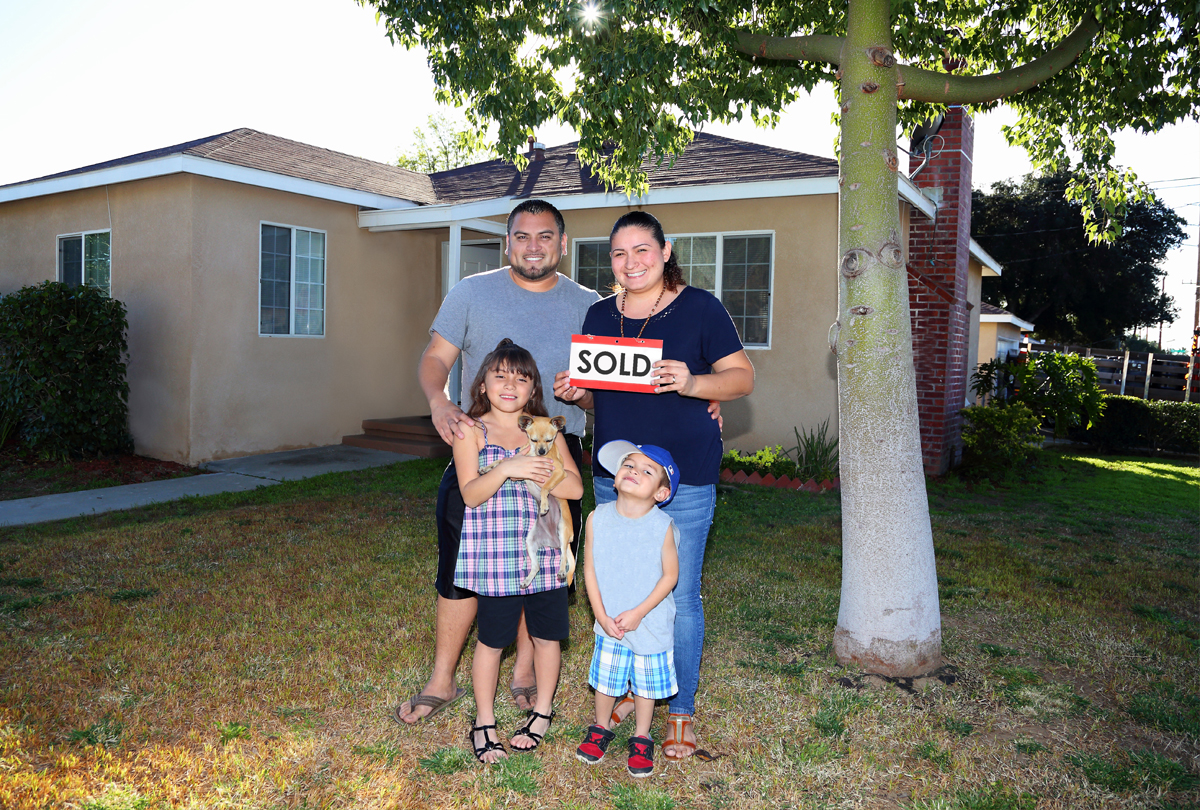1. Define Your Budget from the Start

Before you begin browsing listings, establish a realistic budget. A commonly recommended guideline is to spend no more than 30% of your monthly income on rent.
Don’t forget to include additional costs such as utilities, parking, and renters’ insurance. Having a clear budget in place helps you narrow your search and avoid overspending.
2. Use Online Rental Platforms to Your Advantage
Modern rental websites make the search process more efficient and targeted. Platforms like RentCafe, Apartments.com, and Rent.com let you filter properties by price, location, and amenities. Many also include reviews and neighborhood information to help you make informed choices.
Pro tip: Set up notifications for new listings that match your criteria to stay ahead of the curve.
3. Consider Expanding Your Search Area
If your ideal neighborhood is out of reach financially, broaden your search to nearby or less central locations. Suburban areas or neighborhoods outside major hubs often offer more affordable housing options.
Though you might face a longer commute, the cost savings—and potentially better amenities or schools—can make it worthwhile.
4. Look Into Alternative Housing Options
If traditional rentals are beyond your budget, explore other types of housing:
-
Roommates or shared housing: Splitting rent with others can cut your costs significantly.
-
Accessory Dwelling Units (ADUs): These smaller units on a larger property often rent for less than standalone homes or apartments.
-
Short-term leases: Some landlords offer discounts for shorter lease periods, especially during off-peak rental seasons.
5. Use Local Support Resources
Your community may offer helpful services to make housing more affordable. Explore:
-
Government assistance programs: Programs like Section 8 provide rent vouchers for qualifying low-income renters.
-
Nonprofits and housing agencies: Organizations such as Habitat for Humanity or local housing authorities may connect you to budget-friendly rental opportunities.
-
Community listings: Local platforms like Craigslist or neighborhood Facebook groups can feature private listings not found on bigger rental sites.
6. Don’t Hesitate to Negotiate
If you find a rental that’s slightly over budget, consider negotiating with the landlord. They may be open to lowering the rent if you offer a longer lease, pay a few months upfront, or have strong references.
7. Be Prepared and Act Fast
Affordable rentals tend to get snapped up quickly. Improve your chances by:
-
Responding promptly to promising listings
-
Having your documents—application, income verification, and references—ready in advance
Your Next Affordable Rental Could Be Just Around the Corner
Finding a budget-friendly home doesn’t have to be overwhelming. With a solid plan, the right tools, and a bit of creativity, you can discover rentals that meet your needs without breaking the bank.
Stay organized, be persistent, and explore your options—you might be surprised at the affordable homes waiting to be found.
